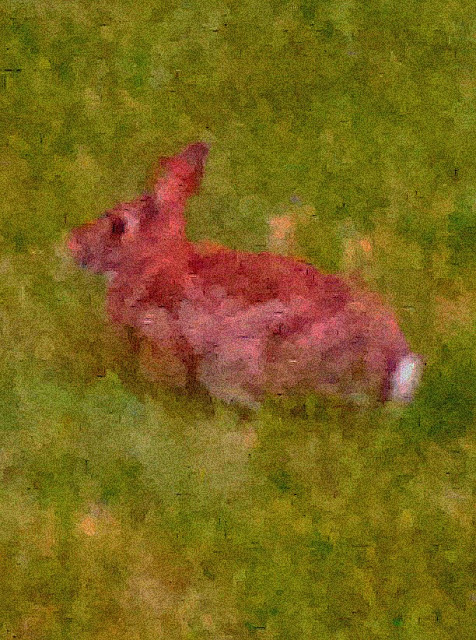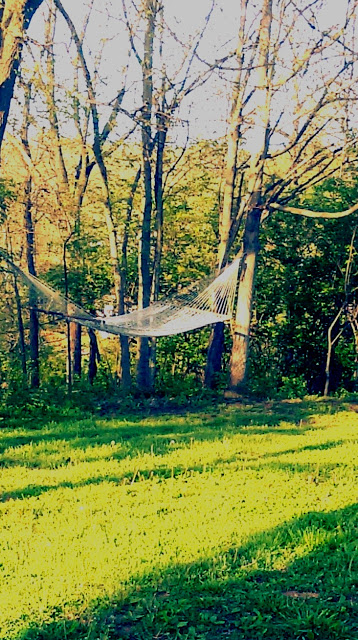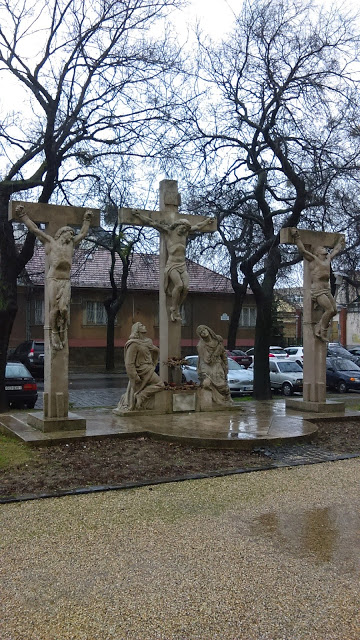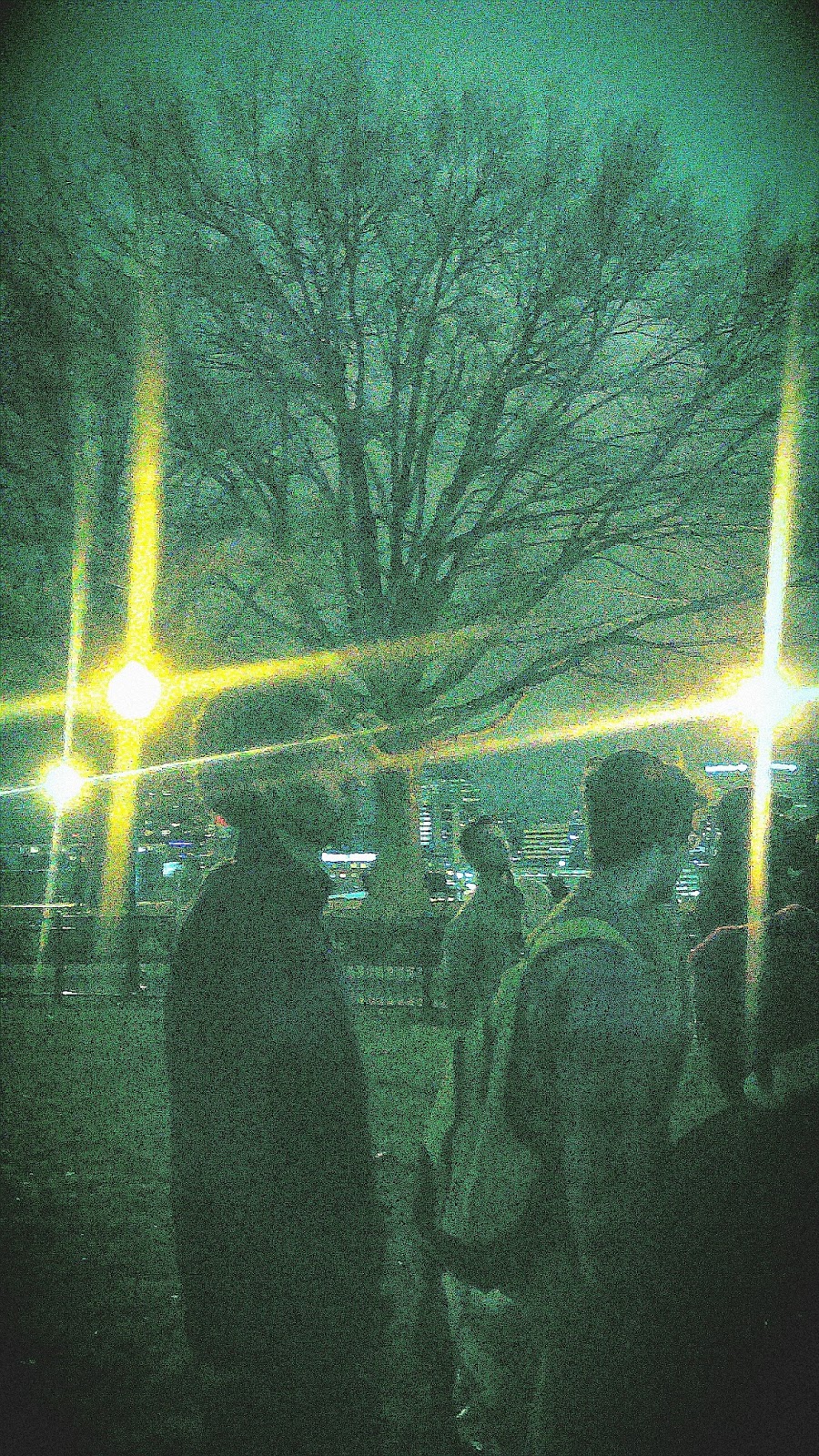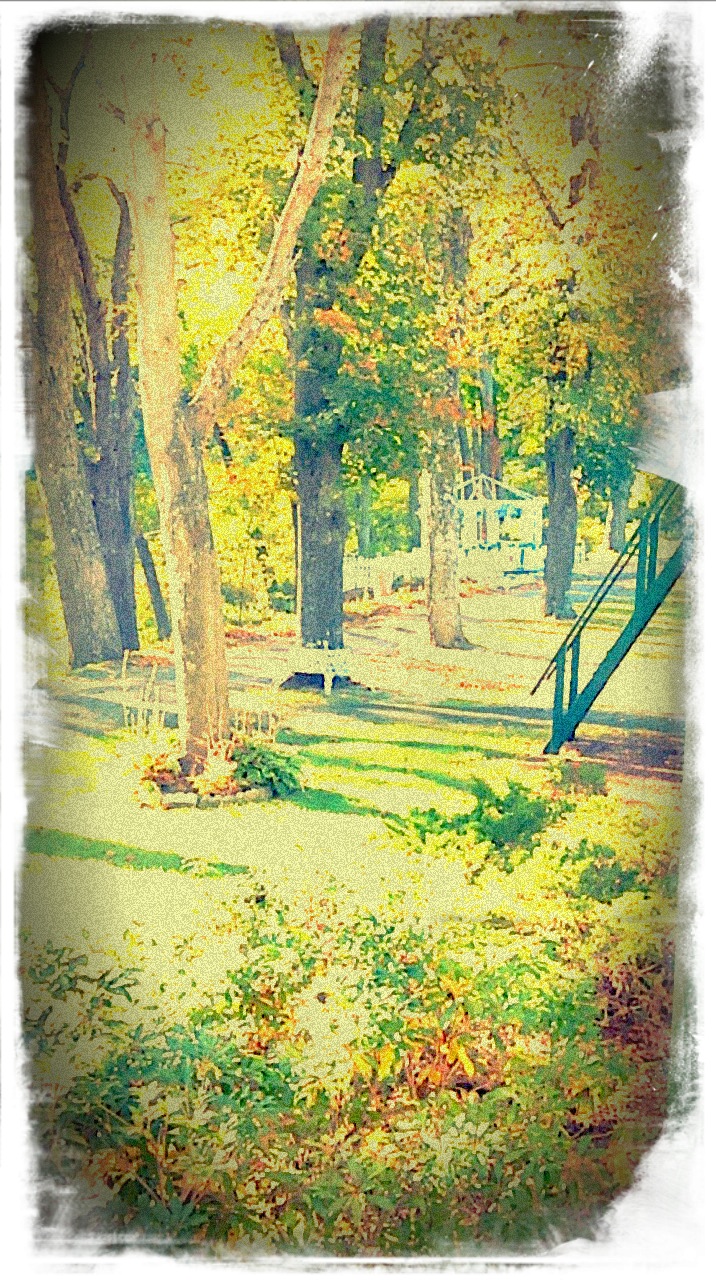[A song of ascents. By David:] “Adonai, my heart isn’t proud; I don’t set my sight too high, I don’t take part in great affairs or in wonders far beyond me. No, I keep myself calm and quiet, like a little child on its mother’s lap – I keep myself like a little child. Isra’el, put your hope in Adonai from now on and forever! “Psalm 131:1-3 CJB Karl Kapp wrote an article on “games.” He observes, “Games give you the freedom to fail, do something wrong and then start over again with minimal consequences and almost no longer-term negative implications.” Games, “…provide the freedom to explore different environments, different methods of thinking and different approaches to problem solving.” “Games are a sandbox for life.” Video games are winning the hearts of many young because the freedom experienced while playing them is hard to match. In contrast, real-life players become…
Category: <span>Walk, for Christians</span>
Confidence is a great thing. Don’t throw it away. Reliance, trust, belief in the powers of; these thoughts relate to confidence. “You gain strength, courage, and confidence by every experience in which you really stop to look fear in the face. You are able to say to yourself, ‘I lived through this horror. I can take the next thing that comes along.’” Eleanor Roosevelt. “When you have confidence, you can have a lot of fun. And when you have fun, you can do amazing things.” Joe Namath. “To have faith doesn’t mean you get any less frustrated when you don’t do your best, but you know that it is not life or death.” “Take what you are given, and when you continue to work hard, you will see results. That will give you the confidence you need to keep going.” Tom Lehman “The moment you doubt whether you can fly,…
Does time heal all wounds? Well, I tire easily reading psychology books that teach: “the interplay between suppressing and exposing a hurt will eventually bring healing.” “grieving losses will eventuate a return to “normalcy.” “re-integrate a victim into society, and again they will be adjusted. “ Sincere ideas which may contribute. Friends, my problem is this; “normal” for these guys, encompasses the old sin nature. They assume wrongly that a man is born free. They suppose that the whole head and the whole heart ain’t sick and faint. In stark contrast to their evaluation, “normal” equals “wounds, bruises and putrefying sores.” “My wound is incurable,” said Jeremiah. Way before time’s wounding event, man exists a ball of woundedness. God plans to exterminate all of it — every speck. Only a bloody cross, only a dying Savior can fix a man. Because man miscalculates, God’s solutions seem radical. Paul admitted, however, “in my…
Bridge on Danube River What is the fellowship of His sufferings? “Something undergone;” and “that which befalls one,” are two ideas for the concept of “suffering.” Obviously a passive occurrence as opposed to active, folks are receivers of suffering, unwanted. “Fellowship” refers to a shared thing. In a sense, Christ shares His victim-hood with us? We share our wounded-hood with Him. We must taste being preyed upon to have this fellowship? — All of the above. “Paul had serious suffering, but as he felt it was to make him a better workman, and so for the good of others, he was content to share it with his Lord. And here we must observe that “sympathy” is the closest fellowship between souls. What is this sympathy? It is fellowship in suffering; it is in distress, in fiery trial, that hearts come nearest to one another.” “The Hebrew children never knew such fellowship in Babylon…
Can we become someone else? Yes and no. We can change names, thoughts, even chemical identities, yet;Can we discard old DNA, and then find new? The writer of a Psalm says, “My substance (DNA?) was not hid from thee, when I was made in secret, and curiously wrought in the lowest parts of the earth. Thine eyes did see my substance, yet being unperfect; and in thy book all my members were written, which in continuance were fashioned, when as yet there was none of them.” Psalm 139:15-16. Perhaps a key lies with the words, “Thine eyes.” When God sees, it is in omniscience. His “seeing us” is what makes us somebody. If I exist in the mind of God, I truly exist. I’m in a book written. If I do not exist in His mind, can I still exist? No, or–only in hell-likeness. Would we agree? Maybe an…
1 Corinthians 6:7 Even to have such lawsuits with one another is a defeat for you. Why not just accept the injustice and leave it at that? Why not let yourselves be cheated? Living Bible Luke 6:29 And unto him that smiteth thee on the one cheek offer also the other; and him that taketh away thy cloke forbid not to take thy coat also. Why not let yourself be cheated? When slammed up-side the head, offer also the other cheek; chase down the cloak thief and give him your coat also. What religion is this? Ours. Friends, “be gentle with all men, apt to teach; in meekness instruct those who oppose themselves.” Perhaps God will grant them repentance. Really? Those who oppose you, actually, oppose themselves. “A soft answer turneth away wrath: but grievous words stir up anger. And Proverbs 25:15 says; By long forbearing is a prince persuaded,…
God seems a mere fancy to me — spooky, hiding in the shadows, not really concerned. If love and anger are two feelings which are in people, I guess God don’t have these. In one story about Him He is a big Hand in the sky — of His Son, Jesus; a tough “figure out” for me. “What does He want?” I wonder! – the answer could fill a big void with the other “what you have to do’s.” At church and grade-school we think about God. Statues of Jesus help at some picture making. In our church’s statues He seems a shepherd type, but I have never seen a real shepherd. These stir up notions more than real bytes. None of my senses make God out to be really real. He is not laughing nor crying; has no facial air. He speaks another language; Latin. I don’t know what…
“A girl came home to discover that her mother wasn’t there. Her mom was already in a column marching toward the Umschlagplatz. She ran after the column alone, from Leszno street to Stavki Street. Her fiancé gave her a lift in his riska so that she could catch up, and she made it. At the last minute she managed to merge into the crowd so as to be able to get on the train with her mother. (The train, of course, was one of those whose passengers never returned to their point of departure.)” This story, told by Tzuetan Todorov in “Facing the Extreme” is a heartbreaking one of “ordinary virtue” but stirs the heart maybe more than stories of national heroism. This is a tale of tender caring for the sake of another human being. In this occurrence a daughter and mother cleave to each other and face an…
“Openness involves a hunger for life. Our arms must reach out to the other, which requires a position of vulnerability. We are made for the dance of intimacy. They are invited in as guests and not as strangers.” “Opening the heart to face the complexity of living in this world requires waiting for truth to come to us. Change comes not from our will, but from God’s mercy. We must stretch out our arms to life but God moves when He will.” “The embrace is an accurate metaphor to encompass what is involved in walking the healing path to God. There are four elements to an embrace: opening the heart instead of cynically shutting down; waiting with anticipation rather than killing hope; encircling the other instead of standing alone; Letting go of the moment.” Dan B. Allender Ph. D. “Merry Christmas” is the word this year, everywhere we turn. Typically,…
Then the wood-carver measures a block of wood and draws a pattern on it. He works with chisel and plane and carves it into a human figure. He gives it human beauty and puts it in a little shrine. He cuts down cedars; he selects the cypress and the oak; he plants the pine in the forest to be nourished by the rain. Then he uses part of the wood to make a fire. With it he warms himself and bakes his bread. Then—yes, it’s true—he takes the rest of it and makes himself a god to worship! He makes an idol and bows down in front of it! He burns part of the tree to roast his meat and to keep himself warm. He says “Ah, that fire feels good.” Then he takes what’s left and makes his god: a carved idol! He falls down in front of it,…
